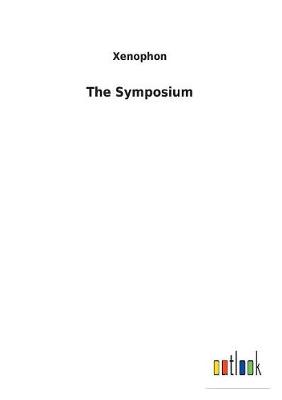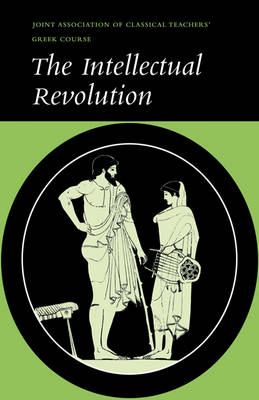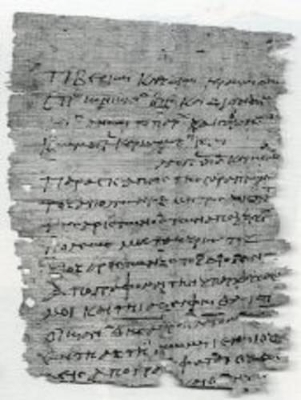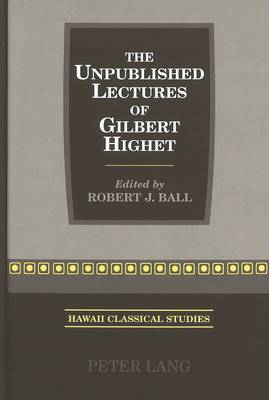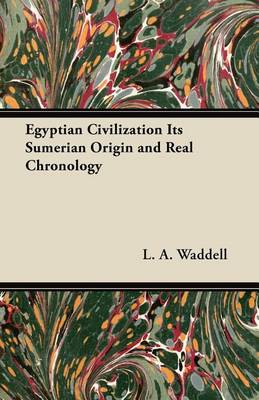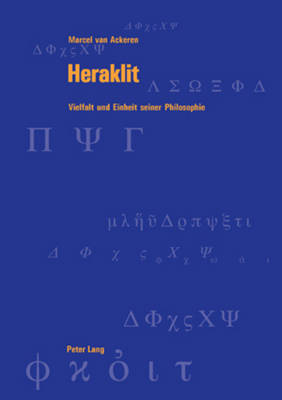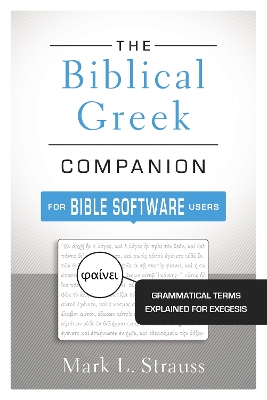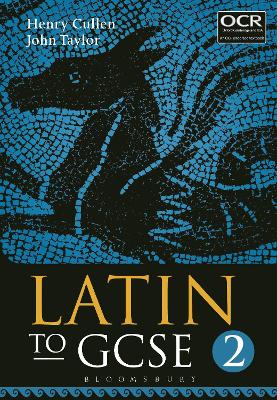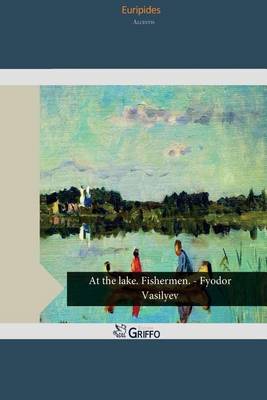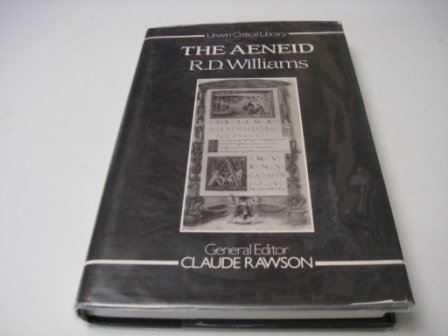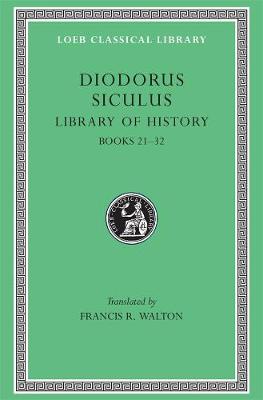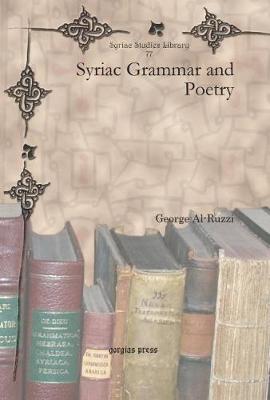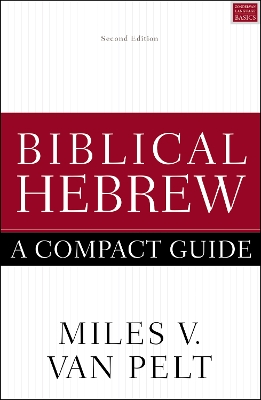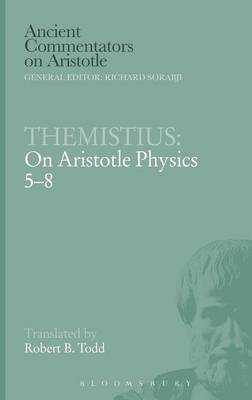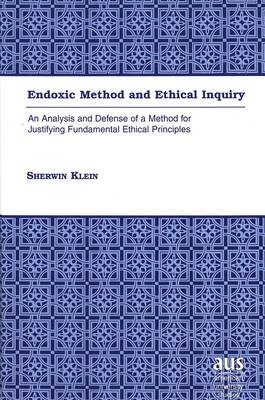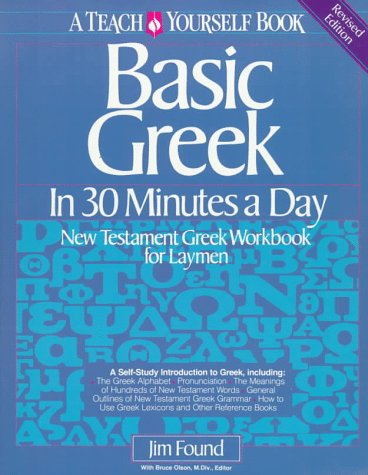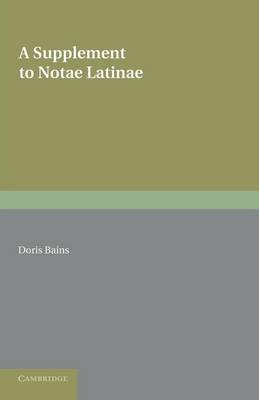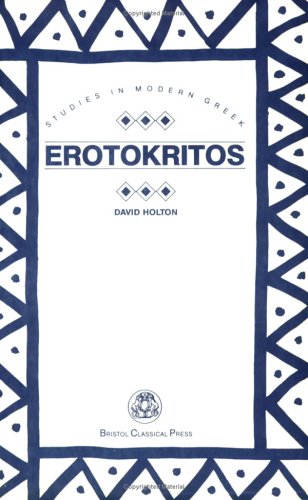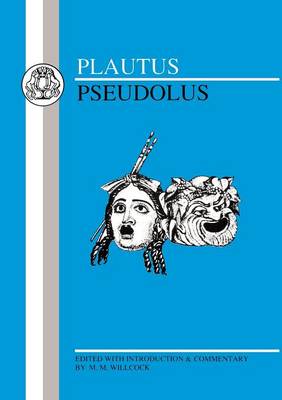This is a highly entertaining and charming work by Xenophon. In the backdrop of a party that is going wild, the work features Socrates though not many dialogues are spoken by him. The constant allusion to Plato's Symposium makes the work engrossing and hilarious.
The Intellectual Revolution (Reading Greek)
The first part of the JACT Greek course is Reading Greek. It consists of two volumes, one of text and one of grammar, vocabulary and exercises and gives the student a thorough introduction to Attic Greek as well as to Herodotus and Homer. A World of Heroes and The Intellectual Revolution are designed to take students on from Reading Greek and to give them a graded introduction to six of Ancient Greece's most important authors.
Oxyrhynchus Papyri (Graeco-Roman Memoirs, #90)
Part 1 of this volume continues the publication of early Christian texts, while Parts 2 and 3 look at Greek fiction and Part 4 comprises documents from two well-known dossiers.
The Unpublished Lectures of Gilbert Highet (Hawaii Classical Studies, #2)
by Gilbert Highet
Egyptian Civilization Its Sumerian Origin and Real Chronology
by L a Waddell
Heraklit (Berner Reihe Philosophischer Studien, #34)
by Visiting Fellow Marcel Van Ackeren
Provides students with simple and clear explanations of the grammatical terms they're likely to encounter in their Bible software of choice. While Bible language and exegetical programs provide users with lots of useful information, most of them unfortunately don't explain the basic meaning of the grammatical terminology or why that information is significant for understanding biblical texts. For most of us, it's been a long time since we've had any formal training in English grammar. So if y...
A companion to Bloomsbury’s popular two-volume Greek to GCSE, this is the first course for Latin students that directly reflects the curriculum in a clear, concise and accessible way. Enhanced by colour artwork and text features, the books support the new OCR specification for Latin (first teaching 2016) as well as meeting the needs of later students, both at university and beyond.Written by two experienced school teachers, one also an examiner, the course is based on a keen understanding of wha...
Alcestis (BCP Classic Commentaries on Greek and Latin Texts) (Classical Texts)
by Euripides
At once a vigorous translation of one of Euripides' most subtle and witty plays, and a wholly fresh interpretation, this version reveals for the first time the extraordinary formal beauty and thematic concentration of the Alcestis. The late William Arrowsmith, who was an eminent classical scholar, translator, and General Editor of this highly praised series, rejects the standard view of the Alcestis as a psychological study of the egotist Admetos and his naive but devoted wife. His transla...
Israel in Egypt (Journal for the Study of the Old Testament Supplement S., No. 135.)
by Gordon Fay Davies
Virgil's "Aeneid" (Unwin Critical Library) (Classics Companions)
by Robert Deryck Williams
The Aeneid of Virgil is one of the greatest works of Classical antiquity. This study by the Virgilian scholar R. Deryck Williams, first published in 1987 and long unavailable, sets the Aeneid in its historical literary background and shows how Virgil related his own world of the newly established Roman Empire to the experience of the past. The poetic qualities of epic are analysed and illustrated by frequent quotations from the Latin, always with prose translations. The book will be appreciated...
Library of History (Loeb Classical Library) (BCP Classics Companion S.)
by Siculus Diodorus
Diodorus Siculus, Greek historian of Agyrium in Sicily, ca. 80 20 BCE, wrote forty books of world history, called Library of History, in three parts: mythical history of peoples, non-Greek and Greek, to the Trojan War; history to Alexander's death (323 BCE); history to 54 BCE. Of this we have complete Books I V (Egyptians, Assyrians, Ethiopians, Greeks) and Books XI XX (Greek history 480 302 BCE); and fragments of the rest. He was an uncritical compiler, but used good sources and reproduced them...
This detailed grammar of Syriac by the Maronite George Al-Ruzzi (Risius), written in Arabic, covers poetic meters in addition to the customary grammatical subjects.
Biblical Hebrew: A Compact Guide, Updated Edition by Miles V. Van Pelt is a handy, at-a-glance reference with summaries of Hebrew grammar, paradigms, and lexicon, and more. This book is ideal for consulting during translation and exegesis work and aids Hebrew students at all levels by providing key language forms, word usage, and word meanings. This compact guide summarizes the most important information on biblical Hebrew grammar and has been updated to correspond to the third edition of Basics...
Themistius (Ancient Commentators on Aristotle)
Themistius' treatment of "Books 5-8" of Aristotle's "Physics" shows this commentator's capacity to identify, isolate and discuss the core ideas in Aristotle's account of change, his theory of the continuum, and his doctrine of the unmoved mover. His paraphrase offered his ancient students, as they will now offer his modern readers, an opportunity to encounter central features of Aristotle's physical theory, synthesized and epitomized in a manner that has always marked Aristotelian exegesis but w...
Endoxic Method and Ethical Inquiry (American University Studies, Series 5: Philosophy, v. 190)
by Sherwin Klein
A self-study introduction to Greek including the Greek alphabet, pronunciation, the meanings of hundreds of New Testament words, and general outlines of New Testament Greek grammar.
Originally published in 1936, this book is intended to supplement W. M. Lindsay's Notae Latinae of 1915, which examined Latin abbreviations of the early minuscule period (circa 700-850 AD). Bains reviews symbols employed in the following two centuries, as well as a few which were developed more fully as a result of the rise of learning and science in the twelfth century. This book will be of value to anyone with an interest in palaeography.
This book contains the latin text of Plautus's Pseudolus, with a detailed introduction including sections on Greek new comedy, figures of language and thought and the presentation of the text. The edition also includes a bibliography, extensive notes and and a metrical synopsis.
